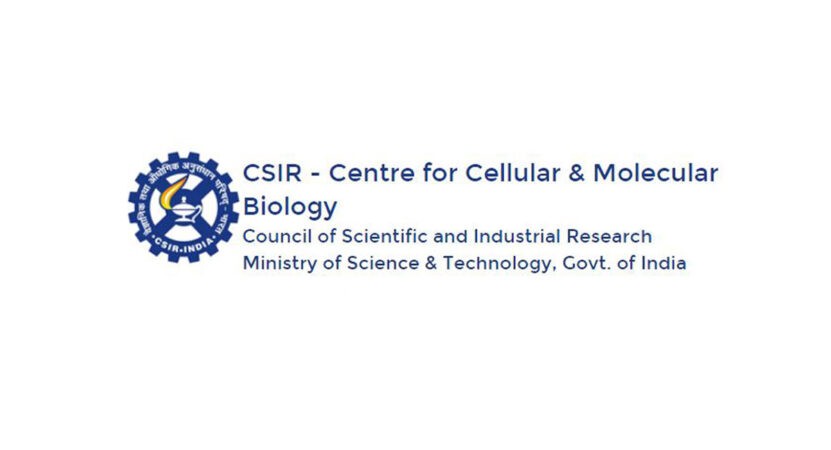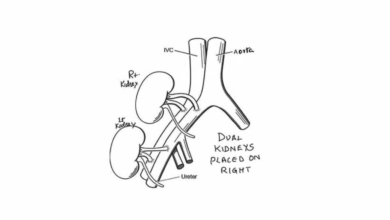Menopause drug can fight malaria, CCMB study reveals
Hyderabad: A drug widely used for the treatment of post-menopausal symptoms and osteoporosis among women now has the potential to treat malaria. In a ground-breaking study, researchers from Hyderabad-based Centre for Cellular and Molecular Biology (CCMB) have demonstrated that Bazedoxifene is anti-parasitic and inhibits Plasmodium falciparum, the unicellular protozoan parasite that causes malaria in humans.
The researchers, led by senior principal scientist Dr Puran Singh Sijwali, have shown in the study that Bazedoxifene has ‘potent inhibitory activity against both susceptible and drug-resistant strains of Plasmodium falciparum’.
Since Bazedoxifene is already in clinical use for the treatment of post-menopausal osteoporosis, the findings by the CCMB researchers have supported the need to repurpose the drug as an anti-malarial. The study was published in the American Society for Microbiology (ASM) journals Microbiology Spectrum on May 26.
Since the development of new drugs for malaria involves a lot of risk, time and expenditure, it was only natural to explore the possibility of repurposing existing drugs against the disease. In this direction, the CCMB group assessed Tamoxifen, Raloxifene and Bazedoxifene, which are Selective Estrogen Receptor Modulators (SERM), for the treatment and prevention of breast cancer and antibacterial, and have anti-parasitic activities.
“Our study brings up an important finding that SERMs should be evaluated for anti-microbial effects in in-vivo disease models using both male and female animals. As Bazedoxifene is already in clinical use and inhibits hemozoin formation like chloroquine, it may be used as an adjunctive treatment for malaria as a partner of four-aminoquinolines or any currently used antimalarial regimens,” the study states.
Out of Tamoxifen, Raloxifene and Bazedoxifene, the researchers found that Bazedoxifene was the most potent. “The Bazedoxifene inhibited P. falciparum growth in erythrocytes of male and female mice origin, highlighting the importance of sex-specific host physiology in drug efficacy. Bazedoxifene was most potent on early ring-stage parasites, and about 35 per cent of the treated parasites did not contain hemozoin (malarial pigment). Bazedoxifene-treated parasites had almost 34 per cent less hemozoin content than the control parasites,” the study said.
The team of CCMB scientists, who were part of the study, include Renu Sudhakar, Navin Adhikari, Saniya Pamnani, Abhipsa Panda, Manish Bhattacharjee, Zeba Rizvi, Sadaf Shehzad, Dinesh Gupta and Puran Singh Sijwali.








